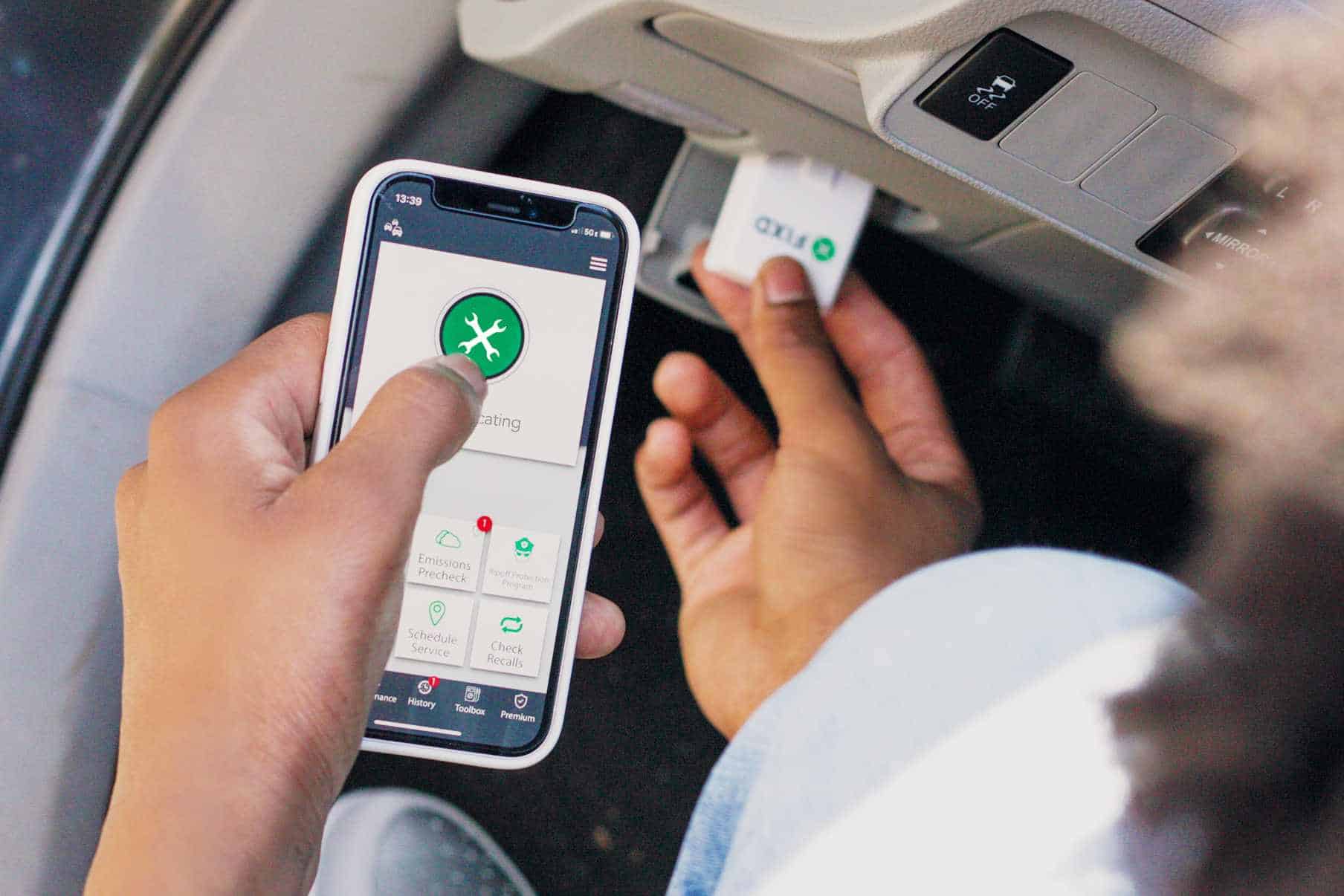Do you want to ensure that your car is in prime condition and running at its best? If so, then a top-quality OBD 2 scanner can be handy. With the right tool, you’ll be able to read fault codes quickly and accurately, monitor engine operations, and more. But with so many models on the market, it can be challenging to know which suits your needs best.
To help make sense of it all, here’s our comprehensive buying checklist for OBD 2 scanners—allowing you to choose precisely the device that suits your vehicle needs and budget constraints.
Compatibility
When shopping for an OBD 2 scanner, there are vital things to look out for. First and foremost, make sure the scanner is compatible with your vehicle; if it doesn’t match up with the year, make and model you drive- it’s going to be okay. You’ll also want to double-check that the scanner can read all the codes used in your vehicle.
Finally, do your research on compatibility options at https://obdstation.com; many major brands offer a wide selection of sensors so that you can customize the scanner specifically for your car. With these three tips in mind, you’ll ensure that your investment gets you the most out of their OBD 2 Scanner.
Equipment features
Once you’ve sorted your compatibility range, it’s time to look into the features that will make up the heart of your new device. Many features are available on today’s scanners, which can be divided into two main categories; diagnostic and monitoring options.
Diagnostic tools include things like code readers, fault memories, and more. These help you get an in-depth understanding of what’s going on with your vehicle while also allowing you to clear out any trouble codes that may have come up.
Monitoring options allow for real-time data reads, allowing you to monitor various aspects of your engine performance as they change over time or when certain conditions arise.
Scan speed
Scanning speed is one of the most important features you should look for when choosing a scanner. Having a device that can quickly read and diagnose trouble codes will make all the difference in how efficiently and effectively your vehicle can be maintained.
Look for details on how fast the scanner can read data and other information, such as cable length or wireless range, which may also affect scan speeds. Keep an eye out for scanners with faster processing capabilities—these can save you time and keep your engine running smoothly.
Update capabilities
Make sure the OBD 2 scanner you purchase can update its software. It is critical to ensure that your device can read any latest codes and keep up with the ever-evolving vehicle diagnostics used today.
Lastly, consider how often updates are available and what additional features they may bring—for instance, some scanners come with built-in internet capabilities, which make downloading updates a breeze.
Additional information
Take the time to read up on additional relevant information, such as warranty details and customer support services. Most OBD 2 scanners come with a certain amount of manufacturer’s warranty—so make sure you know what is covered in case anything goes wrong. Additionally, good customer service options are essential if you ever have queries or need assistance down the line; look for brands with high customer ratings when making your purchase.
User ratings
Read up on the user ratings for different OBD 2 scanners. These will give you an idea of how well-liked a product is and also help inform your decision if any features are unpopular with users.
By looking into these critical criteria, you’ll quickly make sense of the vast array of options available in today’s market and choose the perfect scanner for your needs. With some research, the right OBD 2 Scanner can make all the difference in keeping your vehicle running smoothly.
Price range
Last but not least, consider the price range of your scanner. OBD 2 scanners come in a wide range of prices, and it is essential to remember that you don’t necessarily get what you pay for; do your research and ensure you are getting the best value product at the right price.
Be aware that some higher-priced models may have valuable features only if you are a professional or avid user; these should be considered by those who use their scanners often or on multiple vehicles.
By considering all these criteria when buying an OBD 2 Scanner, you’ll be able to find the perfect device for your needs without breaking the bank. So use this guide as a starting point to finding the perfect OBD scanner for your vehicle, and get back on the road in no time.
Other things to keep in mind
On top of the points outlined above, there are a few other things you should keep in mind when searching for an OBD 2 Scanner. Make sure you buy from a reputable source—it can be dangerous to purchase devices that may not meet safety standards or don’t have proper certifications.
Additionally, check out what kind of cable connectors come with the device, as these can vary between brands; having an incompatible connector will mean that your scanner will only work with specific vehicles.
Finally, ensure that any OBD 2 scanner you purchase supports all necessary protocols, such as CANBUS and KW2000, to read any codes associated with your car.



